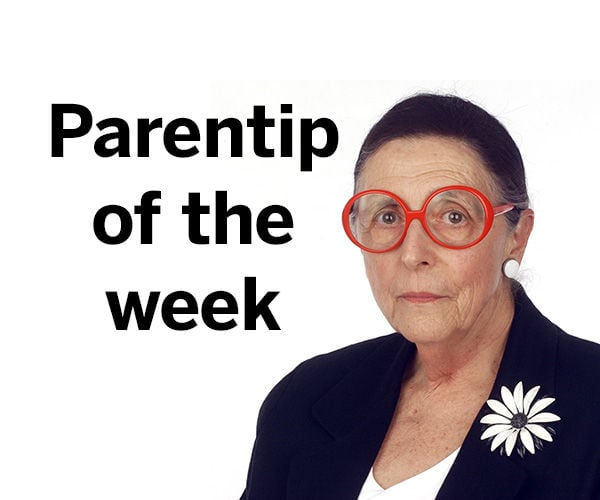How do parents counter social media’s negative effects on children and teens? Negative effects are real and social media is today’s “thing” for teens and tweens. It’s how they connect and communicate with their peers and keep up with the music and video of their world.
Fifty percent of teens use social media while studying. But studies have shown that social media to excess interferes with homework, retention of information, sleep, and exercise. Plus there are safety concerns as social media can expose unwary kids to predators and bullying while negative comments from their peers can send teens into a blue funk or a real depression.
Parents have worried for millennia about the effects of the culture in which they live on their kids and usually manage to find something to complain about. The ancient Greeks worried about laxity in upbringing resulting in uncouth youth. My parents worried about us listening to the radio too much. I worried about my children wasting time watching TV. Today’s parents should be worried about social media. Kids self-reported how they spent their day: nine hours on social media, seven hours sleeping, 6.8 hours in education, and a measly 0.7 of an hour exercising. They spend more time staring at screens than they do anything else!
How can parents best deal with this imbalance? Dr. Leonard Sax, in a recent New York Times article about “the laid-back, underachieving boy and the hyperachieving, anxious girl” tells it like it is. He looks at gender-specific effects of social media on teens. Adolescent girls are generally dissatisfied with their bodies. Girls who post a picture of themselves can worry endlessly about what others will think. Boys are not as upset by the effects of social media as girls because they spend more time playing video games than posting selfies.
Parents should worry about the vast amount of time teens spend on social media. Sax points out that today’s teens come home from school to vanish into their bedrooms “and aren’t seen again except for meals. That’s crazy. A family can’t be a family if the kids spend more time in their bedrooms than with their family members.” He says parents should insist that their teen does what he or she does online in a public space. Nothing in the bedroom except a bed. Zero screens as the American Academy of Pediatrics recommends.
I agree in principle but is this possible in today’s families? In the first place when Teen Son or Daughter comes home from school is there anyone else around to people the house’s public space? Generally both parents are at work while the sibling is at soccer practice. Many homework assignments require a computer so the “no screens in bedroom” rule, which I totally support for young children, may not be practical.
Sax makes a good point about the importance of real—not virtual—connections. We are mammals, specifically a social primate. We need to make eye contact with the real eyes of real people, not eyes on a screen. I like what he says about no headsets or earbuds in cars. Listen to each other instead. Interact! Sitting together in a closed environment with each person listening to a different tune is the opposite of socializing. And he adds, “Fight for suppertime. And don’t allow phones at the table.” Steve Jobs limited the use of technology including the iPad by his children and banned screens from the dinner table. If it’s good enough for Jobs it should be good enough for the rest of us parents.
But let’s face it. We live in a complicated, rapidly changing world. Every change can have positive or negative effects on children. The experts often disagree. The tech marketers have a stranglehold on us. What’s a parent to do?
We have to raise our children in today’s world. But let’s not forget the time-honored ways parents have always raised their children. Kids need to look into our eyes and know we love them and that we want them to thrive and become functioning adults. I have long told parents they must supply their children with the three Parenting Vitamin A’s: Affection, Attention, and Acceptance. In today’s complicated world these “vitamins” can help protect our children from the toxic effects of today’s technology.
Love your children and be sure they know it. Listen to them. Make your home a haven where people interact and pay attention to each other. Sure, we all need self-time but is taking and sending selfies really self-time? Be willing — no, be eager — to limit your own time with screens when the kids are around so you can say both “Do what I say” and “Do what I do.”
Make an effort on behalf of family suppertimes, it doesn’t have to be every night but there is good reason to keep this tradition alive. The family meal is correlated with good stuff: higher grades, an enhanced a sense of well-being, and a lower risk of substance abuse in children. Psychologist Lisa Damour in a recent New York Times piece, “Where’s the Magic in Family Dinner?” thinks that eating together represents authoritative parenting. Authoritative parents provide both structure and warmth. “They hold high standards for behavior while being lovingly engaged with their children”
Damour wisely points out that getting both teens and parents to the table at the same time (along with some food) can be a logistical nightmare. Use your authoritative parenting style to insist the teens join you for some meals (and even help cook). And use that authoritative attitude on yourself to “…manage your own commitments and slay the scheduling dragons that keep us from family dinner.”
Ban from the table all technological devices that focus our eyes and ears on a bit of glass, metal and plastic rather than looking at and listening to our loved ones! Bon appétit!





